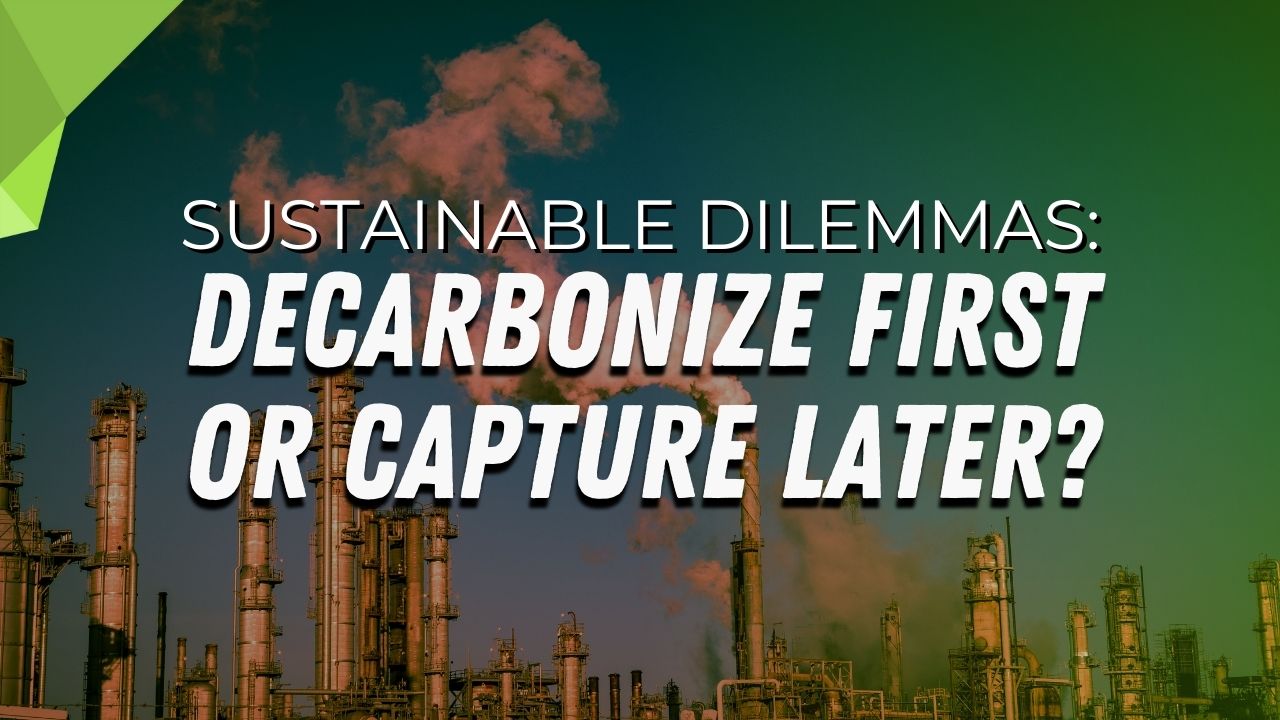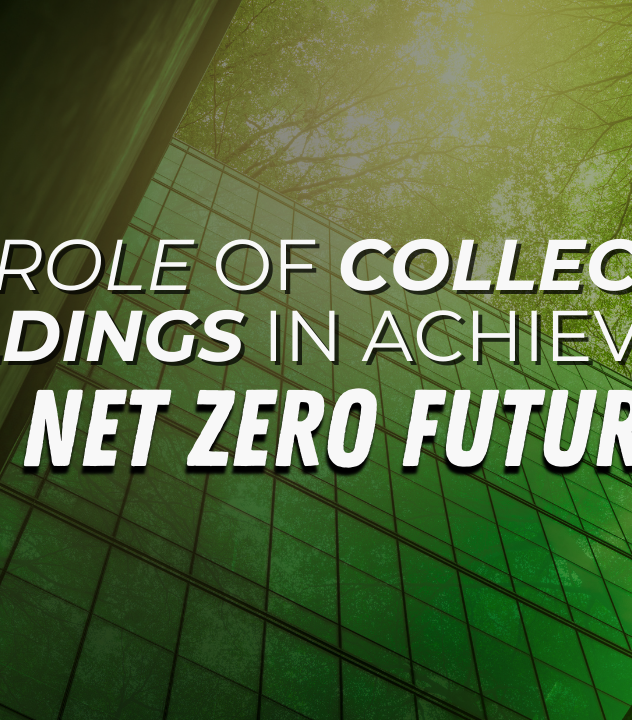
Sustainable Dilemmas: Decarbonize First or Capture Later (CCUS)?
The global challenge of reducing greenhouse gas emissions has led to the development of various strategies. Two primary approaches are decarbonization and Carbon Capture Utilization and Storage (CCUS). While both have their merits, a strategic dilemma arises: should we focus on decarbonizing first or capturing carbon later?
Advantages of Decarbonization:
Immediate Impact: Decarbonizing industries by transitioning to renewable energy sources and improving energy efficiency can yield immediate reductions in emissions.
Long-Term Sustainability: Investing in sustainable technologies promotes long-term environmental benefits and reduces reliance on fossil fuels.
Economic Benefits: Early adoption of green technologies can result in cost savings and new economic opportunities.
Advantages of CCUS:
Decarbonizing Hard-to-Abate Industries: CCUS is particularly useful for industries like steel, cement, and chemicals, where emissions are challenging to eliminate.
Retrofitting Existing Infrastructure: CCUS allows existing facilities to reduce emissions without the need for complete overhauls.
Production of Blue Hydrogen: CCUS can facilitate the production of blue hydrogen, serving as a bridge until green hydrogen becomes more viable.
Challenges of CCUS:
High Costs: Implementing CCUS technology involves significant upfront and operational expenses.
Energy Intensity: The process requires substantial energy, potentially offsetting some emissions benefits if not sourced sustainably.
Storage Risks: Long-term CO2 storage poses risks such as leakage, which could undermine environmental gains.
Strategic Considerations:
Immediate vs. Long-Term Goals: Decarbonization offers immediate benefits and aligns with long-term sustainability, while CCUS provides a practical solution for hard-to-abate sectors.
Economic Viability: Companies must assess the economic feasibility of transitioning to renewable energy versus investing in CCUS technology.
Regulatory and Incentive Frameworks: Governments play a crucial role in shaping the adoption of these technologies through regulations and incentives.
Decarbonization and CCUS are not mutually exclusive but complementary strategies in the fight against climate change. Prioritizing decarbonization can yield immediate benefits and set the foundation for a sustainable future, while CCUS can address emissions in sectors that are challenging to decarbonize.
At SCIVEN, we provide innovative solutions that help businesses transition to renewable energy and improve energy efficiency. By adopting our advanced technologies, you can reduce your carbon footprint from the source.
Let’s keep envisioning today’s energy future together!
Contact us at hello.dese@sciven.com






Leave a Reply